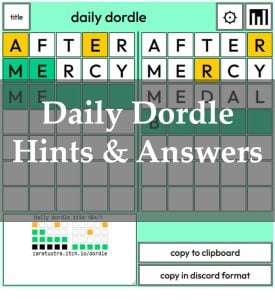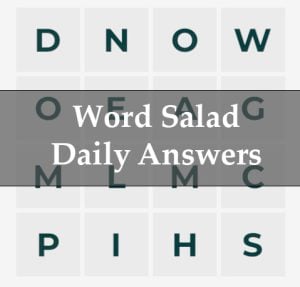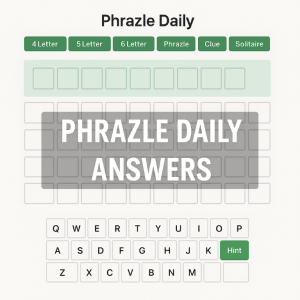Looking for the answers and hints for the Strands puzzle from July 11, 2025? You’ve come to the right place! Every day, we archive the solutions to help you check your work or get that final clue you need. Below you will find all the answers for yesterday’s Strands challenge.
Strands Hints for July 11, 2025
Here are all the official hints to guide you toward the solution.
- Think of a Shakespearean 14-line poem that's all about love and drama -- it's quite the classic composition.
- Smiles and chuckles often appear when this five-line, often humorous verse from Ireland is near.
- A hero's long journey, often ancient Greek; a tale so grand in scale that it's anything but meek.
- Mourning takes its form in poetry, with this reflective composition expressing sorrow elegiacally.
- A Japanese form with seventeen syllables split into three phrases, admired for its brevity and nature embraces.
- In music and verse, this storytelling form unfolds a tale, sometimes of love or adventures bold.
- The initials have their secret fun in this puzzle-like type of poem; read them vertically for a message – can you home in?
Spoiler Warning!
The final answers are below. Stop scrolling now if you want to solve it yourself!
Strands Answer for July 11, 2025
Here is the final, official answer for the Strands puzzle that was released on July 11, 2025.
Today’s NYT Strands Answers: It Could Be Verse
Today's puzzle brings together a collection of words all associated with different forms of poetry. These terms encompass a range of styles and structures that have been used throughout the centuries to create lyrical, narrative, and expressive writings. Here's a detailed look at each answer and its connection to the theme "It Could Be Verse."
- SONNET - The sonnet is a poetic form that originated in Italy and was made famous by poets such as Petrarch and Dante, and later by Shakespeare. A sonnet typically consists of 14 lines and follows a specific rhyme scheme and meter (often iambic pentameter). It's known for presenting a problem or argument and then a resolution or turn, sometimes called the "volta."
- LIMERICK - The limerick is a form of humorous verse known for its distinctive rhythm and rhyme scheme (AABBA), and it usually has five lines. The content is often silly or whimsical. The origin of the term is uncertain, but it's generally associated with the city or county of Limerick in Ireland.
- EPIC - An epic is a lengthy narrative poem, often recounting the adventures and feats of heroic figures or the history of a nation. Epics are known for their grandeur and often employ elevated language. Some of the most famous epics include Homer's "The Odyssey" and "The Iliad," Virgil's "The Aeneid," and Milton's "Paradise Lost."
- ELEGY - An elegy is a mournful, melancholic, or plaintive poem, especially one that laments the dead. It can also reflect somber meditations or serious reflections more generally. The form has been used by poets across different cultures and eras as a means to express sorrow and loss.
- HAIKU - The haiku is a type of short form poetry originally from Japan. Traditionally, it consists of three phrases with a pattern of 5, 7, and 5 on (the Japanese count sounds, not syllables). Haiku typically focuses on a brief moment in time and a sense of enlightenment or illumination, often with a seasonal reference.
- BALLAD - A ballad is a type of poetry or song lyrics that tells a story. Ballads are often put to music and are characterized by their simple language and repetition. They originated in the medieval French chanson balladée or ballade, which were originally dancing songs. Ballads were particularly characteristic of folk poetry and music of the British Isles.
- ACROSTIC - An acrostic is a type of poem in which the first letter, syllable, or word of each line spells out a word or message. This form has been used as a mnemonic device to make poems easier to remember, as well as a means of embedding hidden meanings or dedications within a poem.
The Spangram for today's puzzle is POETRY, which beautifully ties together all the different forms listed as answers. Each word represents a unique way that language can be structured to express ideas, emotions, and stories with rhythm and sometimes rhyme, all under the broad and enriching umbrella of poetry.
Understanding the diverse landscape of poetry is key to grasping the unifying theme of today’s puzzle, "It Could Be Verse." This phrase itself is a clever play on words, suggesting a range of alternatives while also referencing "verse" as a fundamental component of poetry.
Read More Daily Game Answers
Check out the answers and hints for our other popular daily word games and puzzles.






